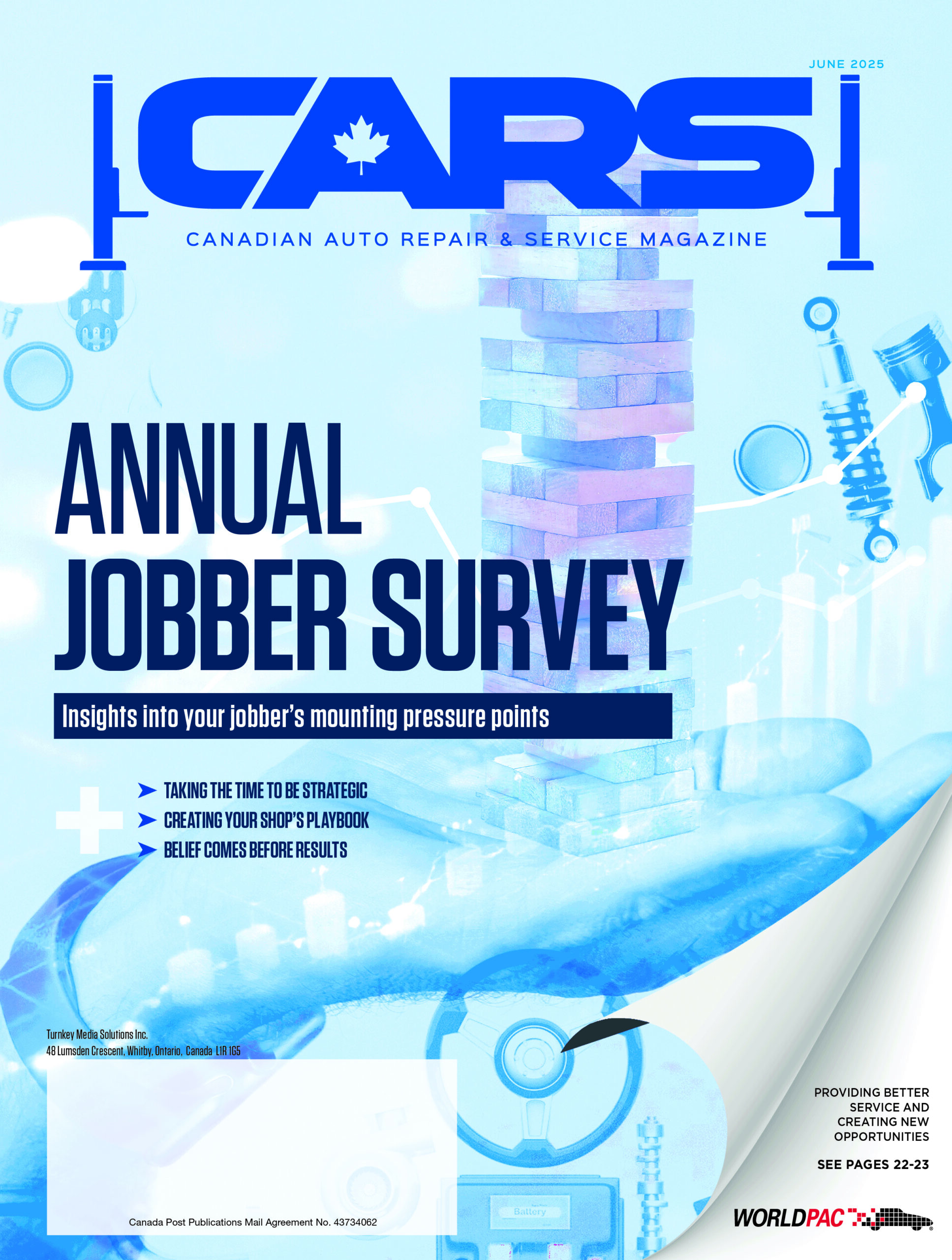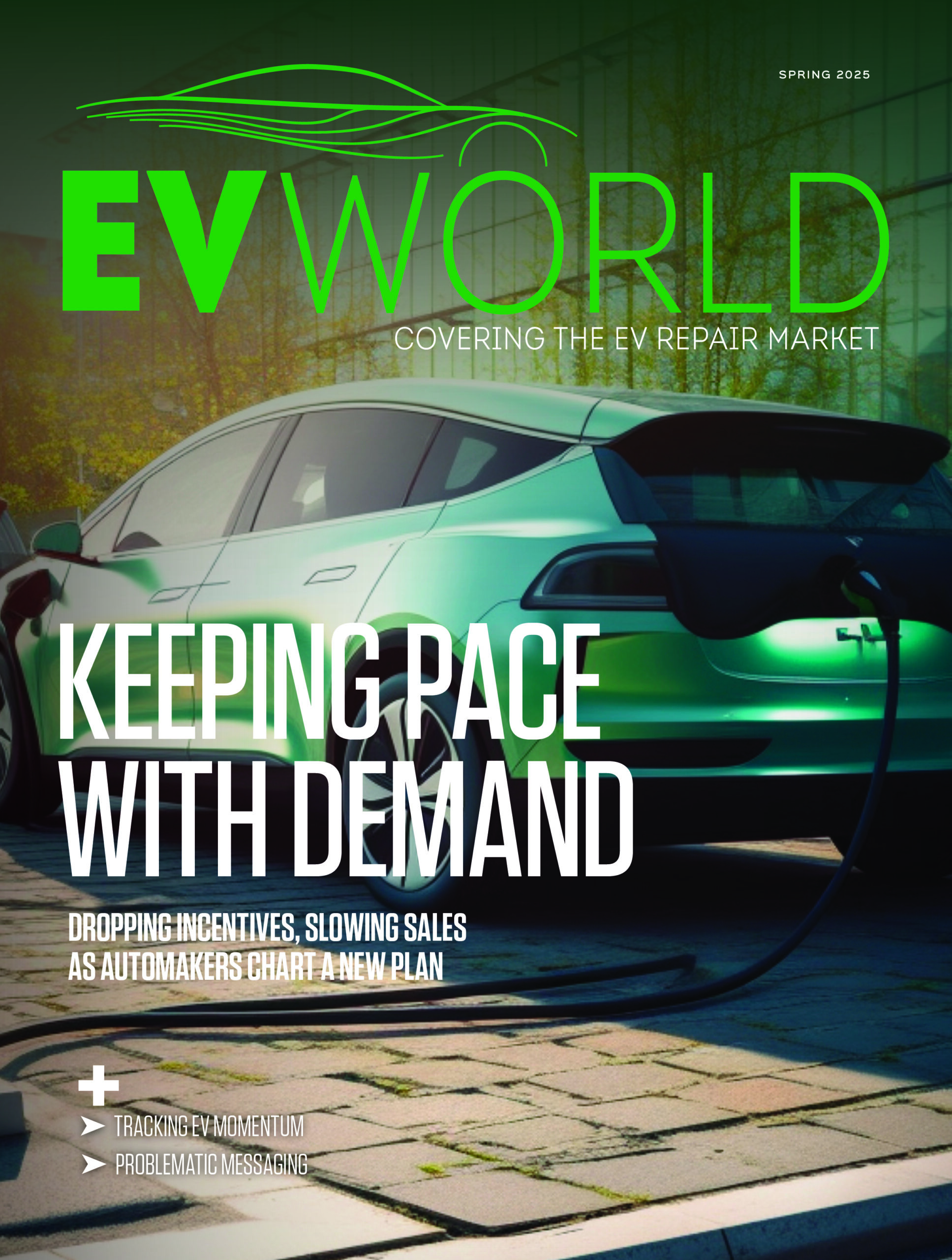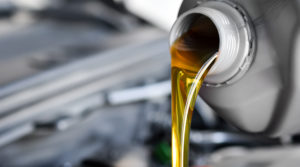Reuters is reporting the state of California is looking to double greenhouse gas emissions cuts and fuel efficiency gains proposed new regulations for vehicles that will start late this decade.
The new round of proposed regulation in 2017-2025 could have similar cost consequences as the national standards adopted on April 1 for model years 2012 to 2016, adding about US$1,000 per vehicle in cost and delivering fuel savings of around US$3,000, they said.
“We’re expecting to see a continuation of the move toward electric drivetrain vehicles, meaning either plug-in hybrids or fuel cells or battery electrics,” Mary Nichols, the chair of the Air Resources Board.
U.S. Federal standards will cut average vehicle greenhouse gas emissions to 250 grams per mile and improve fuel economy to 35.5 miles per gallon for 2016 models, according to the U.S. Environmental Protection Agency.
President Barack Obama last week announced a push for 2017 and beyond, saying he believed it was possible in 20 years for vehicles to cut pollution and fuel use in half.
More than 60 per cent of U.S. oil consumption and over 25 per cent of domestic carbon pollution comes from cars and trucks, environmental statistics show.
California is keen to lead the next round of vehicle rules, building on a 30 per cent improvement in greenhouse gas emissions compared with California’s base year of 2009.
“We think we can sort of double the reduction,” said Tom Cackette, the board’s chief deputy executive officer and head of car regulation. He forecast a 50-60 per cent improvement versus 2009 in greenhouses gases. Gains in fuel efficiency, not covered by California rules, would be similar, he said.
“We still think we are in that curve where costs will be much less than the economic benefits derived in fuel savings,” he added. “There’s nothing here for the next stage that is something that requires a wild invention of something new.”












Leave a Reply